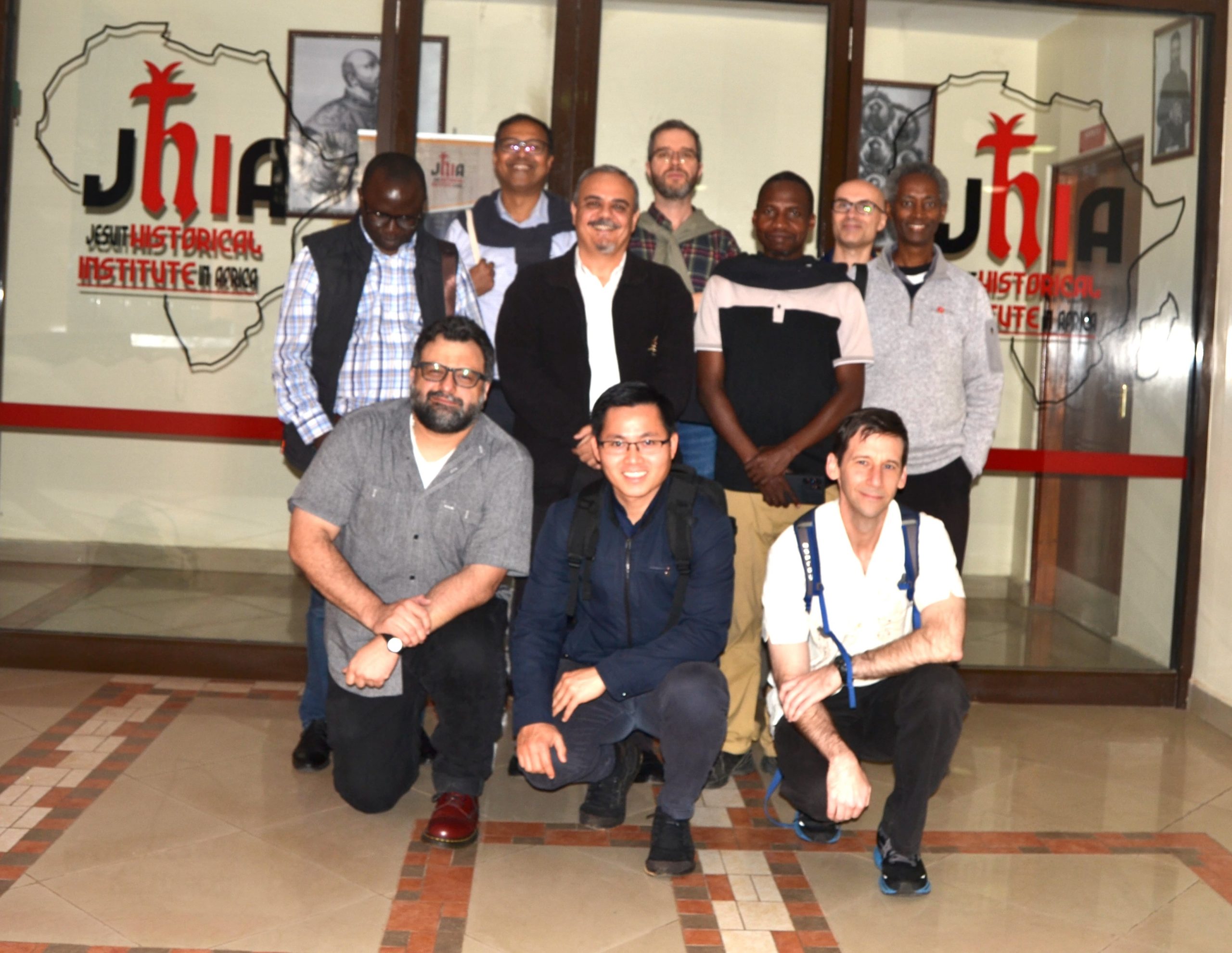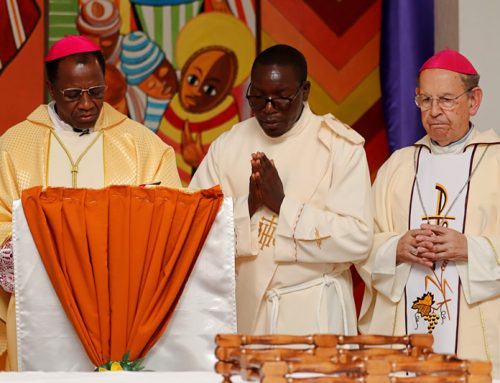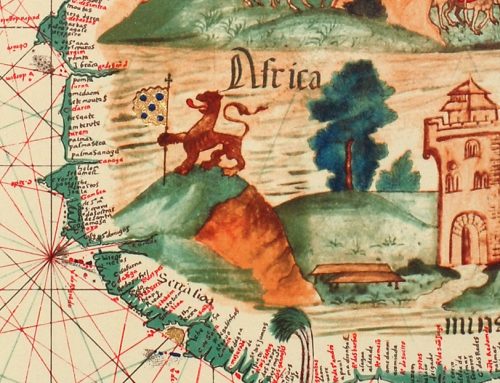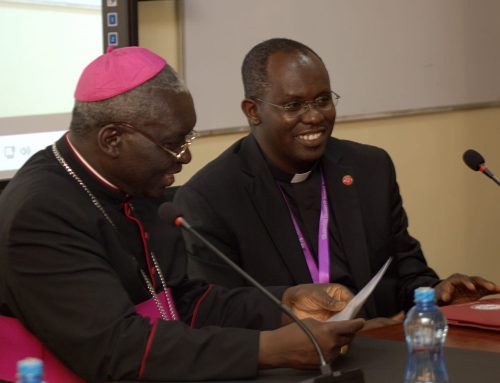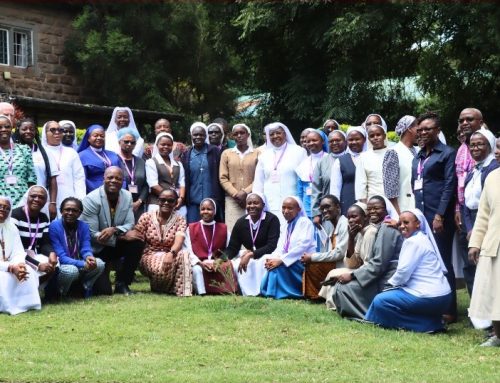On Saturday, January 13 Hekima College and the Jesuit Historical Institute in Africa hosted eleven Jesuit priests from around the world. This rather eclectic group—comprising Jesuit priests from Uganda, Tanzania, Egypt, Ethiopia, Zambia, the United States, Portugal, Italy, Vietnam, and Goa—had arrived in Nairobi less than two weeks earlier to begin the phase of Jesuit formation known as Tertianship. The time bears the name “Tertianship” because it represents the Jesuit’s “third” and final probation before the profession of final vows and definitive incorporation into the Society of Jesus. “First probation” refers to the fortnight when those aspiring to enter the Society of Jesus live in the Jesuit novitiate but apart from the other novices, or Jesuits in their first stage of formation. The time they join the rest of the novices in their first profession nearly two years later is known as “second probation.” All the probations, however, have a similar goal. They are meant to deepen the candidate’s knowledge of the Society of Jesus, familiarity with God, and apostolic availability. The Jesuit Constitutions describe Tertianship as a “school of the heart” (schola affectus), a place where Jesuits internalize the dispositions of humility, indifference to comforts, and discerning charity.
Given the stated goals of Tertianship, it made sense for us to spend a morning acquainting ourselves with Hekima College and, in particular, with the JHIA. Mr. Denis Munyua gave us a tour of the JHIA’s offices, library, and facilities dedicated to the preservation of the historical memory of Christianity in Africa. A couple of aspects of JHIA’s mission resonated with the goals of Tertianship. The first and perhaps most obvious is the goal of knowing the Jesuit charism more deeply. And understanding a charism entails familiarity not only with its documentary sources but with its ripple effect in history. The JHIA makes it possible to understand both the impact of the Society of Jesus in Africa and the impact of Africa on the Society of Jesus. Fr. Adolfo Nicolas, former general of Jesuits, erected the JHIA, we learned, precisely because the African chapter of the Jesuits’ global history remains insufficiently known.
Upon hearing about the various dimensions of the JHIA, we soon saw how it reflects various aspects of the Jesuit way of proceeding. One aspect is the Society of Jesus’s orientation to the more universal good of the Church. The JHIA, analogously, strives to be attentive to the more universal historical memory of Christians. We learned that the JHIA oversees the publication of inexpensive books destined for a wide readership, volumes ranging from biblical studies to studies of Catholic-Protestant relations in Africa. JHIA also offers training in archival maintenance to other institutions and dioceses throughout Africa. Neither Jesuits nor the JHIA seek to be end in themselves.
A second aspect of the Jesuit charism is its practical bent—that is, the care it takes to find the right structures to “enflesh” its spiritual commitments. Along analogous lines, we tertians learned a great deal about the pragmatic considerations that go into establishing a good archive. These include more than an obvious need to raise funds and hire qualified personnel. They also involve finding storage for rare maps, instituting “dry” fire-safety measures, and identifying a site that favors preservation—Nairobi’s cool and constant climate makes it ideal.
The East African Tertian class of 2024 left the JHIA, in short, both grateful for the hospitality extended to them and better equipped to profit from their tertianship.
Aaron Pidel, SJ.
Tertianship Candidate

